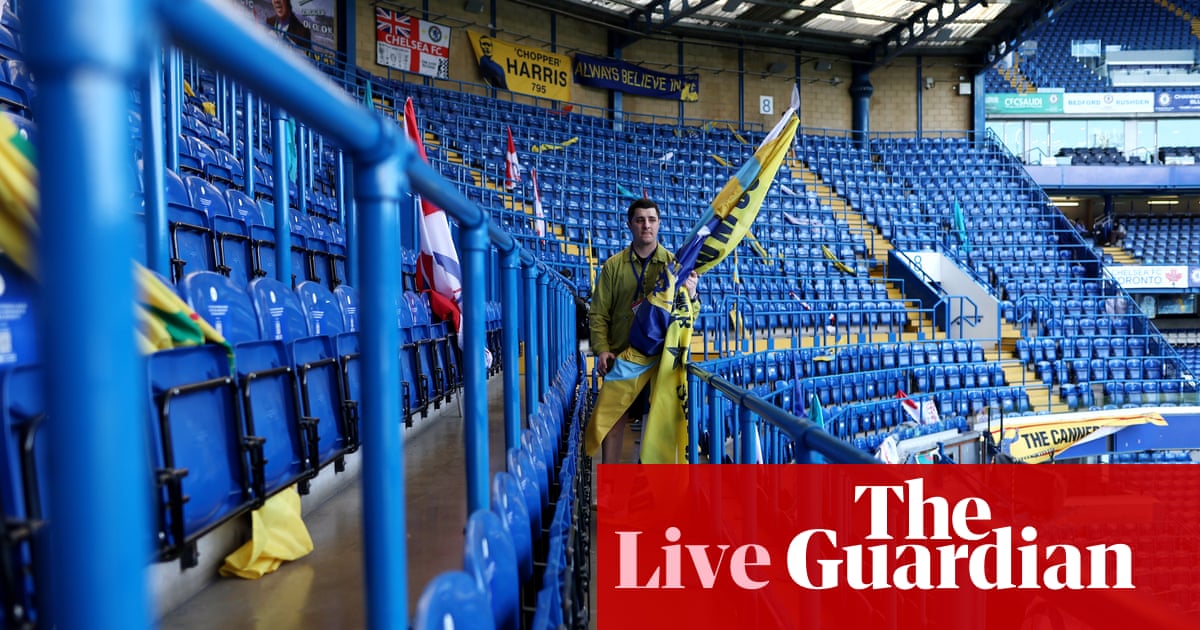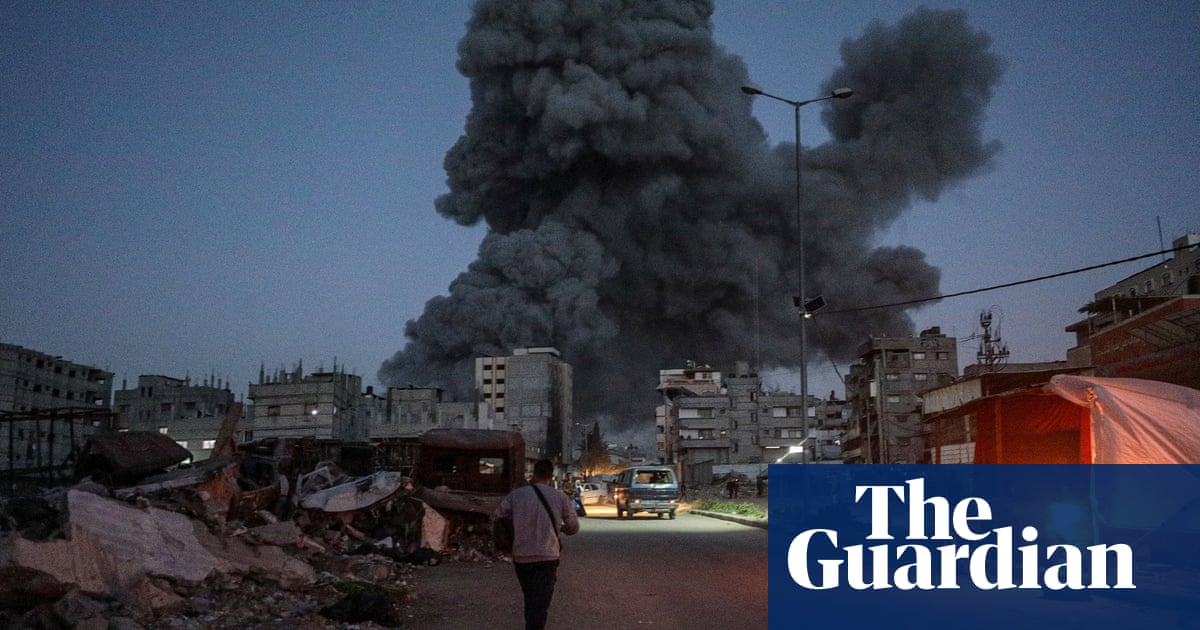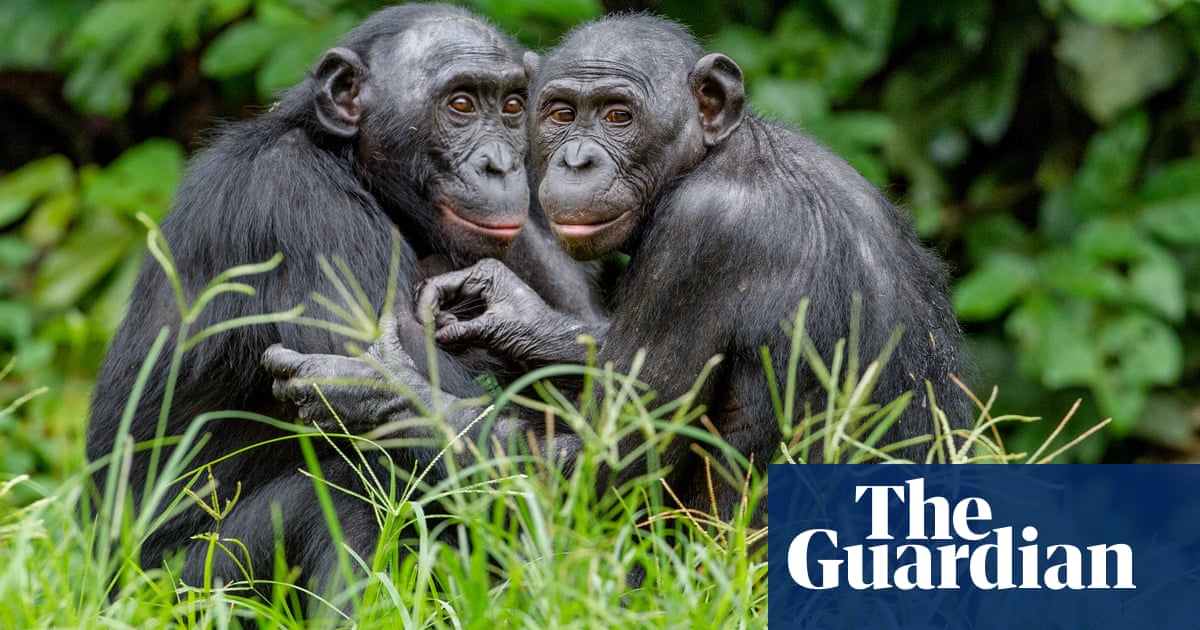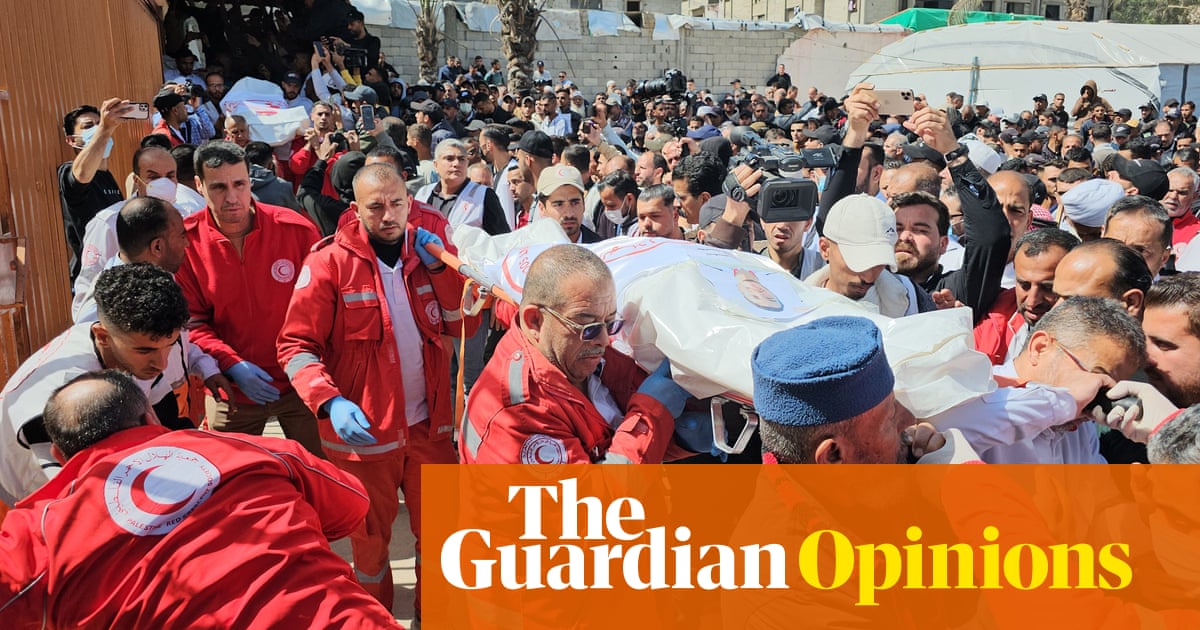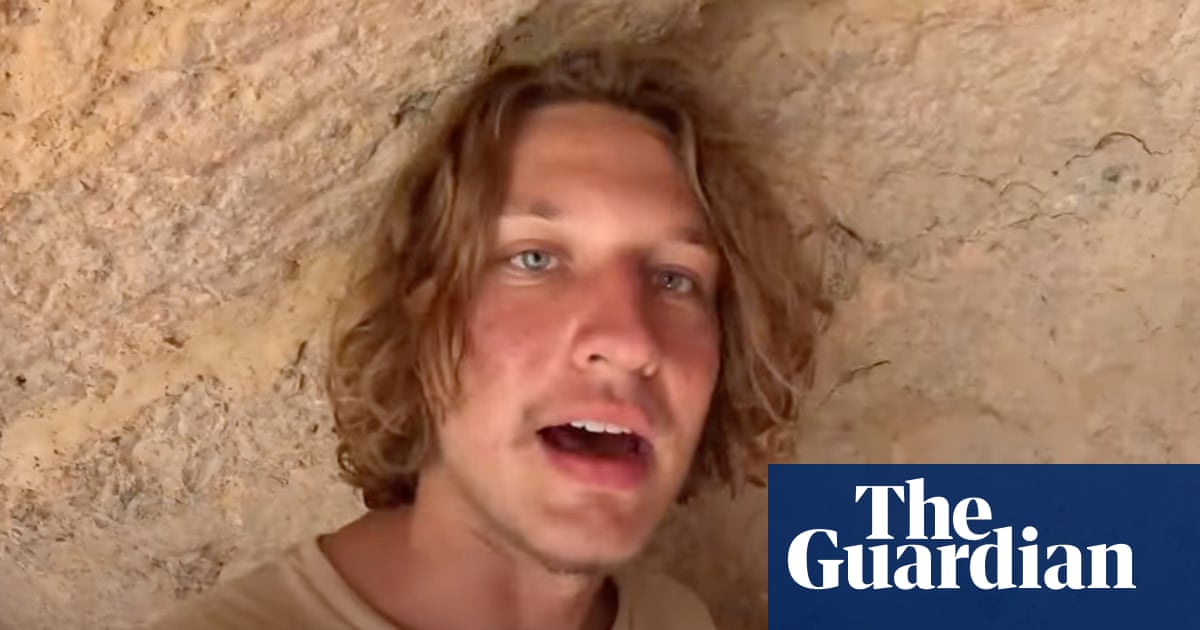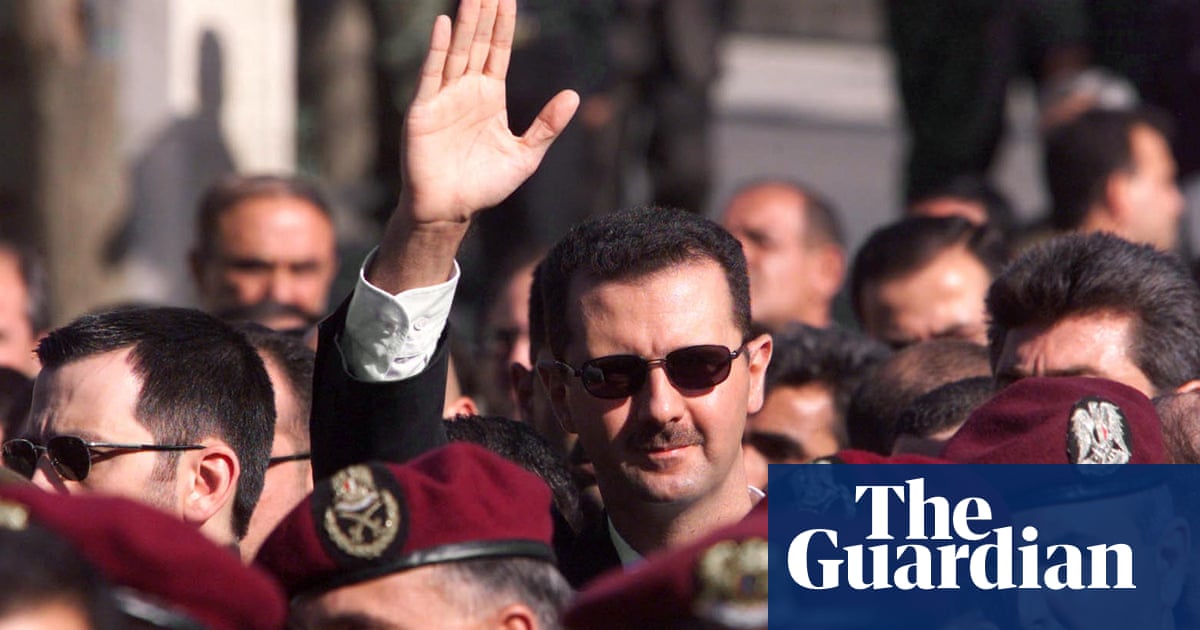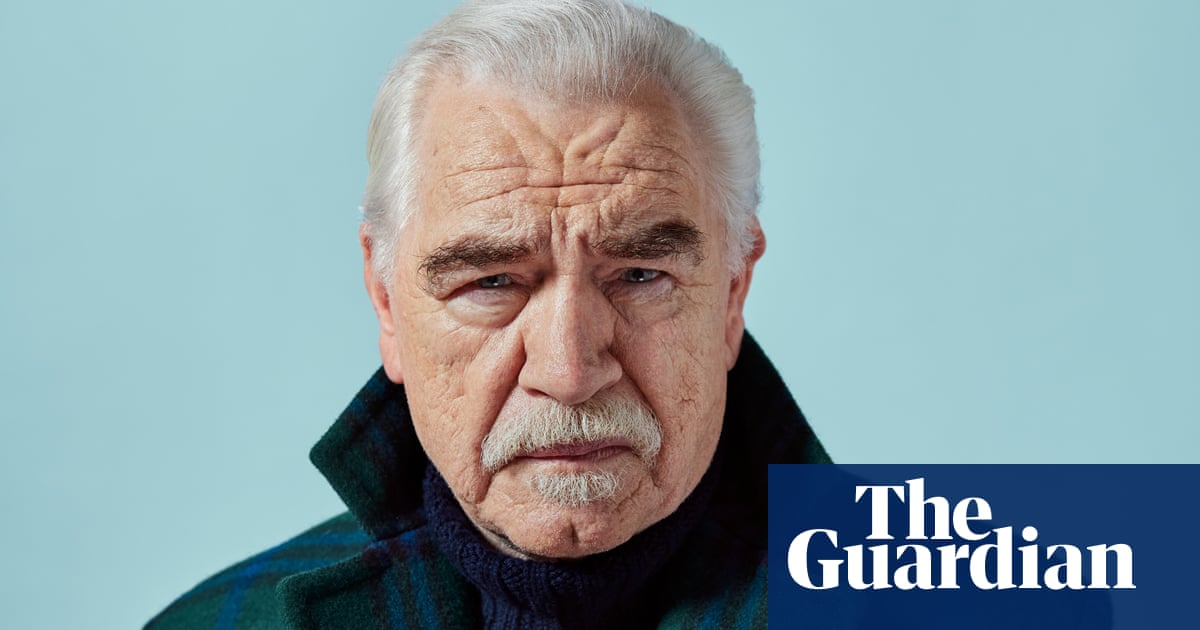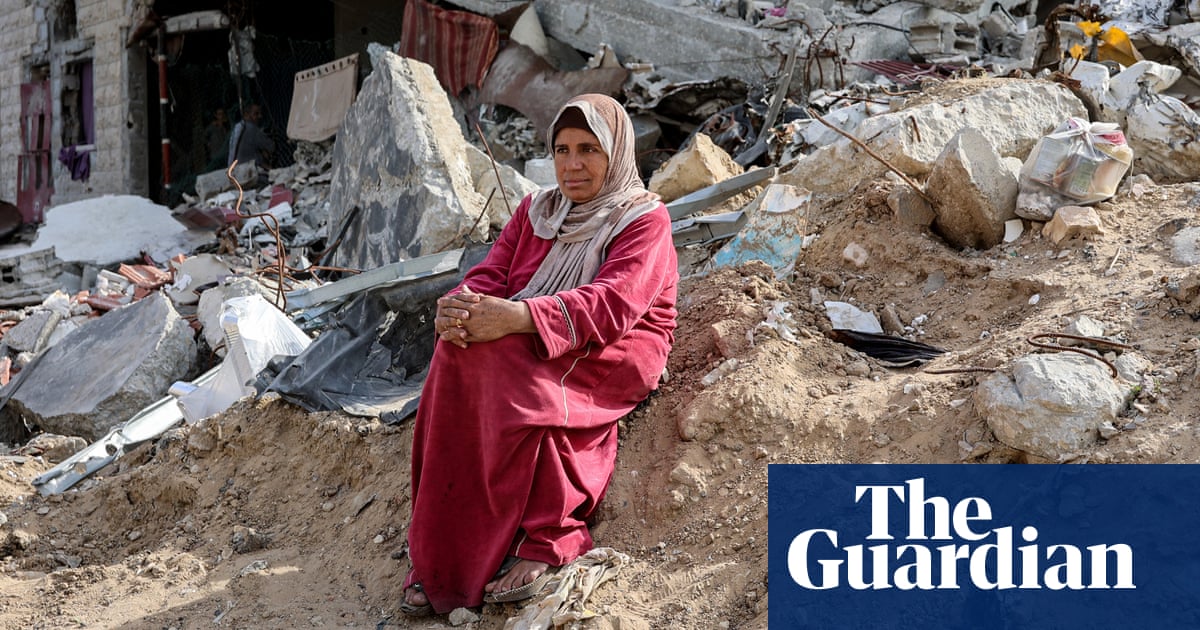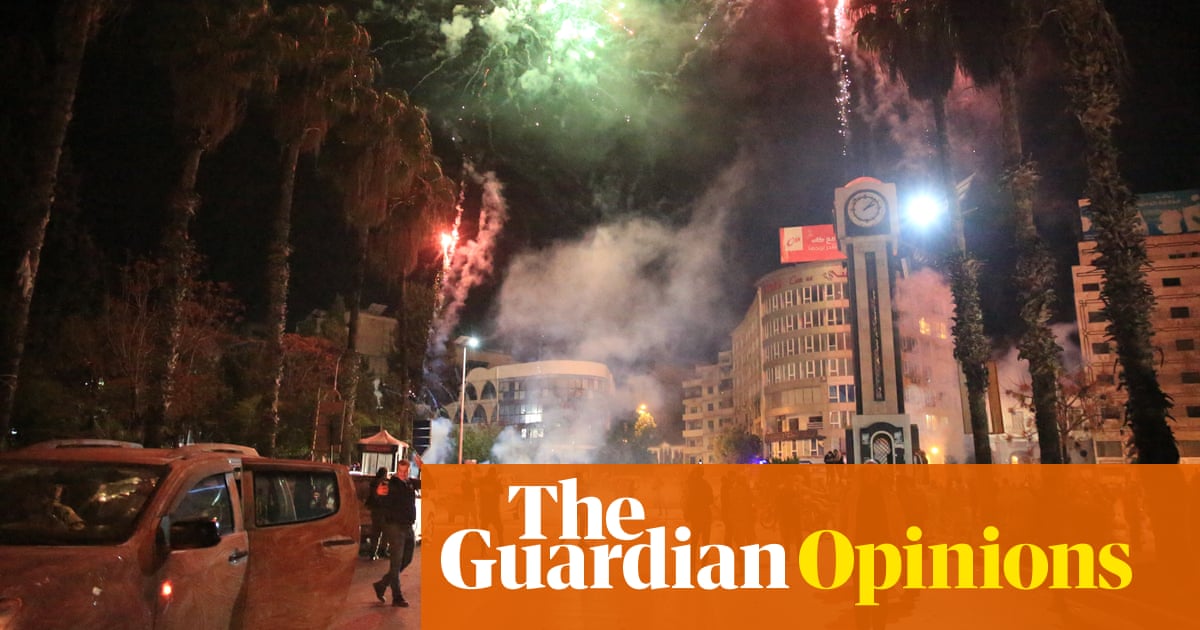Abdul Salaam Dar has been fishing for most of his life. From Lelhar Kakapora, a hamlet along the Jhelum River in Kashmir, 69-year-old Dar sells his catch at local markets.
He is also a fisher of people. For the past 30 years, he has rescued hundreds of people and pulled out 47 corpses from rivers in the valley.
“I remember every rescued and every fished-out dead body. I remember the number and even their faces. Many of them had slipped into the river but most had attempted suicide,” Dar says.
Before getting drawn into the job of rescuing people and fishing out bodies, Dar says he used to get called on to recover utensils, motors, boats and other lost items in the river. Then, one day, he saw a man drowning.
“It had a great impact on my life. Everyone tried to save him but nobody could. He was seeking help but eventually drowned in front of my eyes,” he recalls.
Popularly known as Dungal (“Diver”), Dar is revered in the region. Whenever official rescue teams find it difficult to locate a corpse, they call on Dar.
Dar has retrieved bodies at Sangam, Anantnag, Bijbehara, Pampore, Srinagar and other parts of Kashmir. He recalls one incident in Aharbal when the police would not let him retrieve the body of a woman who had drowned.
“A cop called me a ‘weak old man’ and said I couldn’t do anything. Eventually, I convinced them and they let me do it,” he says. He quickly succeeded in fishing out the body.

Dar is insistent about the need to rescue men and women differently. While rescuing or retrieving the body of a man, he normally holds him firmly against his chest, but when it is a woman, he gently holds the strands of her hair, keeping a respectful space between himself and the woman’s body.
Unlike most rescuers, who take preventive measures before plunging into the water, Dar is known for carrying out his work without any safety equipment. He has his own unique way of working in the water.
“Once I am in deep water, it is with the will of Allah my way of work pans out well. I just use a rope and long wooden log. It feels good after I save a life or help a family to fish out the dead body of their loved one,” he says.
On numerous occasions, Dar has been called to Jammu and other distant parts of the region to help. Once, Dar recalls, the body of a girl who had drowned in Sopore could not be located for eight days. It was Dar who found her 40 miles away in Uri, close to the Pakistani border.
after newsletter promotion
Dar also remembers an incident when three boys drowned. Local police and rescuers struggled to locate the bodies, so the navy was called in. Eventually, Dar was summoned.
“I got two of the bodies in just 10 minutes,” he says, adding that the officials requested him to direct them so they could fish out the remaining body themselves as they feared people might think they were incompetent. “I directed them and another body was fished out,” he recalls.
During Kashmir’s extreme floods in 2014, Dar was the man at the forefront of rescuing people across Kashmir and says he rescued more than 100.

Many people, as well as the government, have tried to reward him for his work, but he is not impressed. Once, after he rescued someone, their family presented him with 6,000 rupees (about £60), which he returned.
“Whenever I rescue or fish out a body, people offer me money or officials give me rewards, saying ‘you earned it’. But for me, accepting these things is like selling the souls of dead bodies and I can’t do that,” Dar says.
International helplines can be found at befrienders.org. In the UK and Ireland, Samaritans can be contacted on freephone 116 123, or email [email protected] or [email protected]. In the US, you can call or text the National Suicide Prevention Lifeline on 988, chat on 988lifeline.org, or text HOME to 741741 to connect with a crisis counsellor. In Australia, the crisis support service Lifeline is 13 11 14.

 3 months ago
57
3 months ago
57
